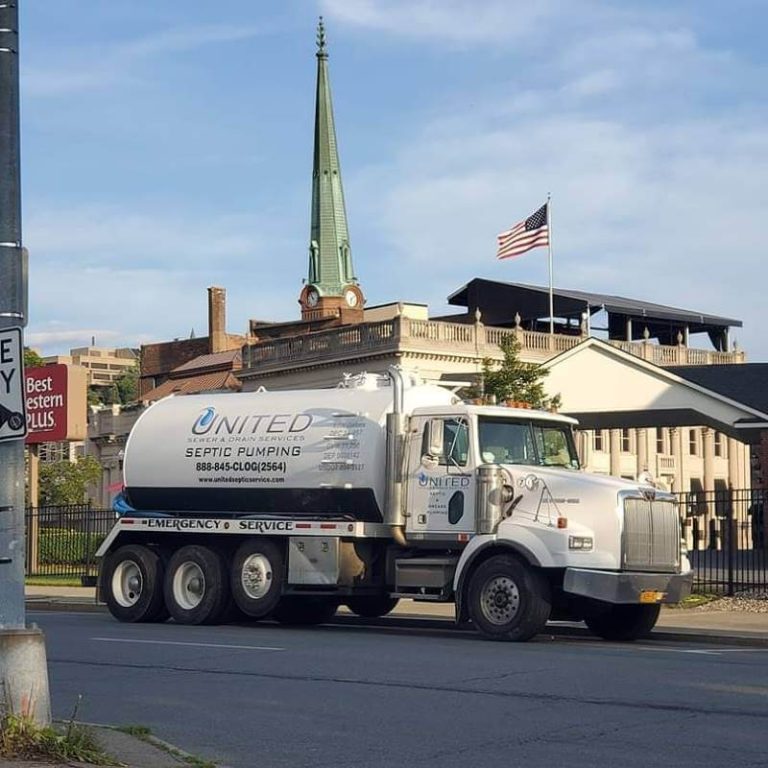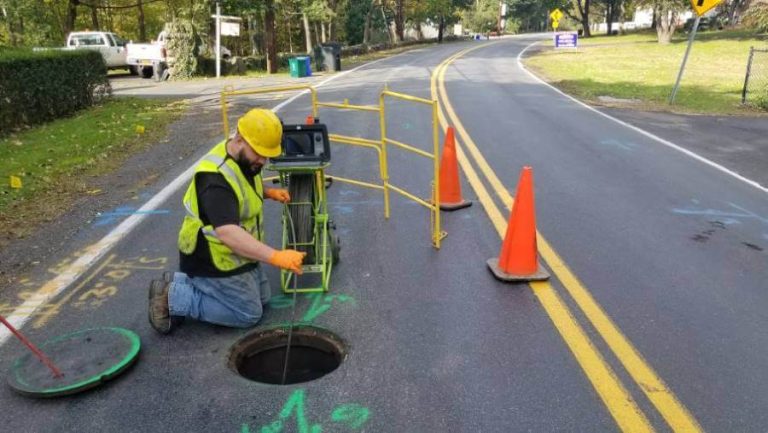Preventing System Failures and Backups with Septic Tank Pumping
Septic tank pumping is the most effective way to prevent system failures and backups. By removing accumulated solids and sludge, pumping keeps your septic system functioning properly and avoids costly repairs. Let’s dive into why pumping is so important and how it can save you from septic nightmares.
Table of Contents
Key Takeaways:
- Regular preventing system failures and backups with septic tank pumping
- Pumping frequency depends on household size and tank capacity
- Signs of a full tank include slow drains and foul odors
- Professional pumping services ensure proper waste removal
- Proper maintenance extends the life of your septic system
- Water conservation helps reduce strain on your septic system
Why Preventing System Failures and Backups with Septic Tank Pumping
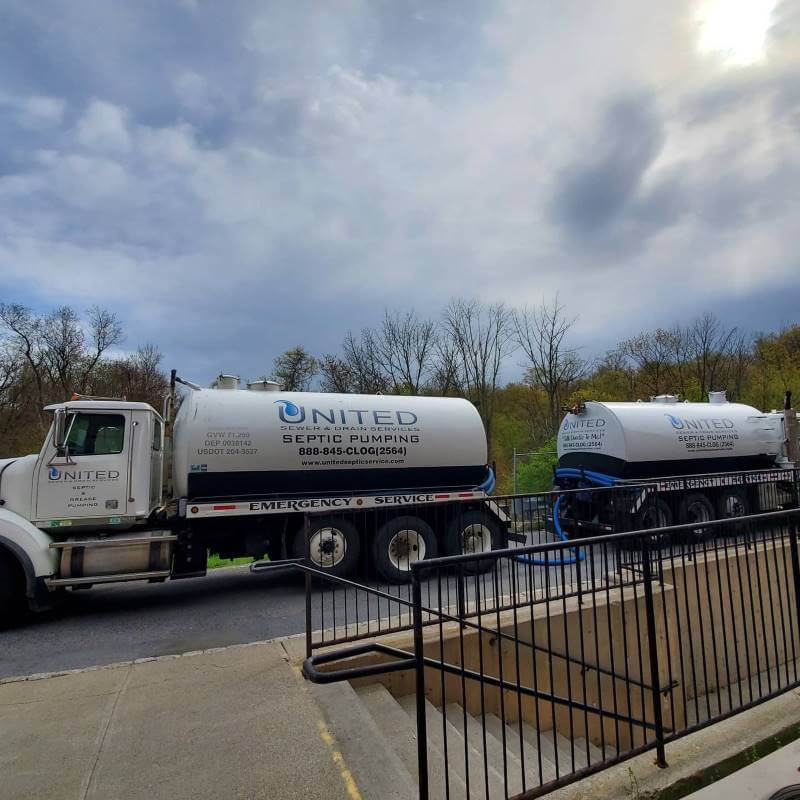
Septic tanks are designed to hold and treat household wastewater. Over time, solids settle at the bottom of the tank, forming a layer of sludge. If this sludge isn’t removed regularly, it can build up and eventually flow into your drain field, causing clogs and system failure.
The Risks of Skipping Pumping
When you skip pumping, you’re playing a dangerous game with your septic system. Here’s what can happen:
- Sewage backups into your home
- Contamination of groundwater
- Expensive repairs or system replacement
- Health hazards from exposure to untreated waste
Regular pumping removes these risks, keeping your system healthy and your property safe.
How Often Should You Pump?
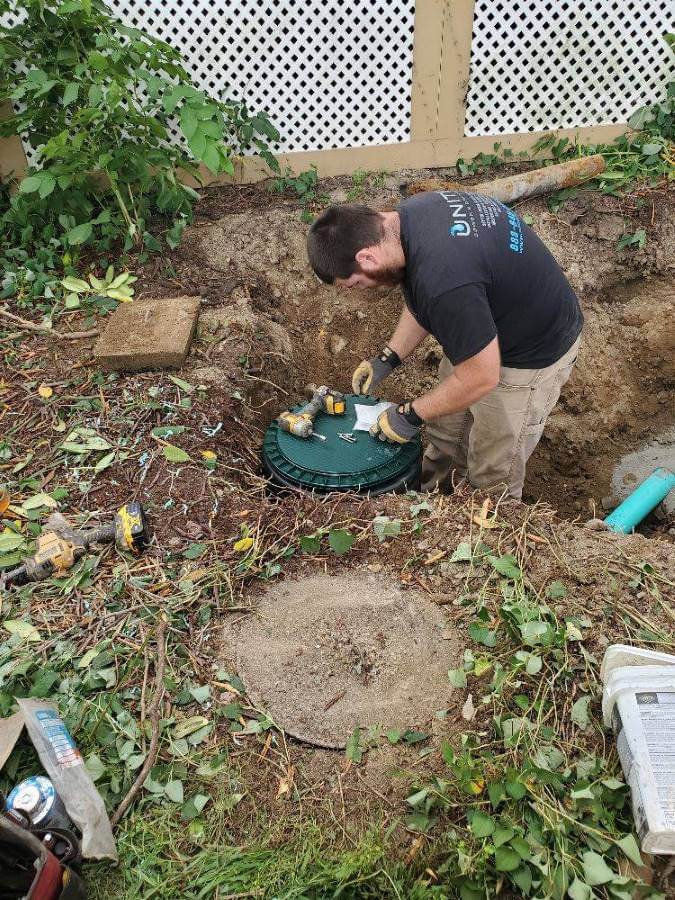
The frequency of pumping depends on several factors:
Household Size
More people mean more waste. A family of four typically needs pumping every 3-5 years.
Tank Size
Larger tanks can go longer between pumpings. A 1,000-gallon tank for a family of four might need pumping every 3 years, while a 1,500-gallon tank could go 5 years.
Water Usage
High water use puts more strain on your system. If you have a lot of long showers or do many loads of laundry, you might need more frequent pumping.
Garbage Disposal Use
Using garbage disposal increases the solids in your tank, requiring more frequent pumping.
Signs Your Tank Needs Pumping
Don’t wait for a disaster to pump your tank. Watch for these warning signs:
Slow Drains
If your sinks, showers, or toilets are draining slowly, your tank might be full.
Foul Odors
Bad smells around your drains or in your yard can indicate a full septic tank.
Pooling Water
Wet spots in your yard, especially near the drain field, suggest your system is overloaded.
Lush Grass
Unusually green grass over your septic system can mean it’s leaking nutrients.
The Pumping Process
When you call a professional like United Sewer & Septic, here’s what to expect:
- Locating the tank
- Excavating the access ports
- Pumping out the contents
- Inspecting the tank for damage
- Cleaning filters if present
- Refilling the tank with water
The entire process usually takes a few hours.
Benefits of Preventing System Failures and Backups with Septic Tank Pumping
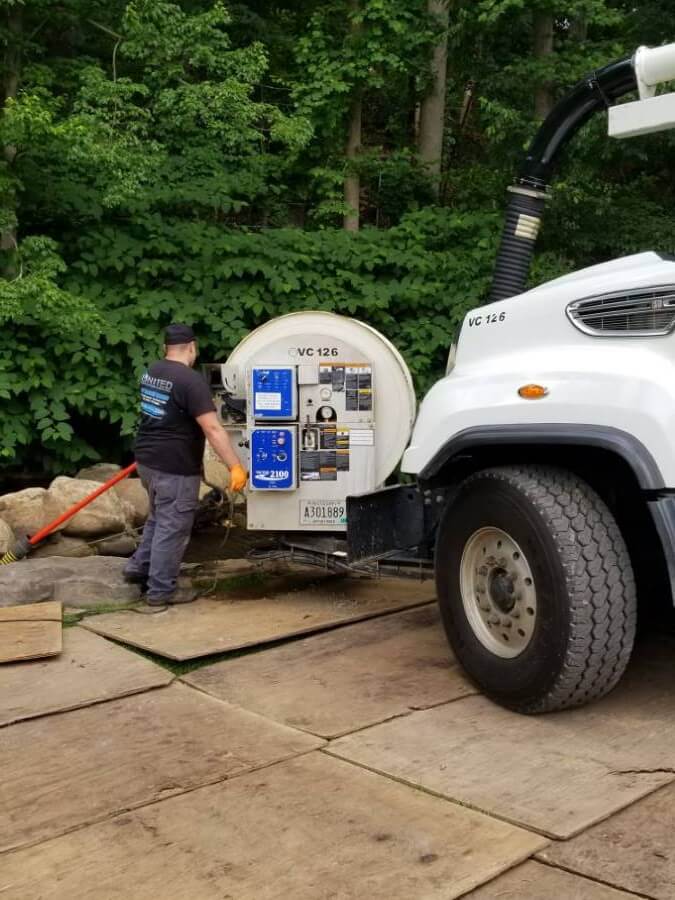
While it might be tempting to try DIY pumping, professional services offer to prevent system failures and backups with septic tank pumping several advantages:
Proper Disposal
Professionals know how to dispose of septic waste safely and legally.
Thorough Cleaning
Professional equipment ensures the complete removal of solids and sludge.
System Inspection
Technicians can spot potential issues before they become major problems.
Safety
Handling raw sewage is dangerous. Professionals have the right equipment and training to do it safely.
Maintain: Preventing System Failures and Backups with Septic Tank Pumping
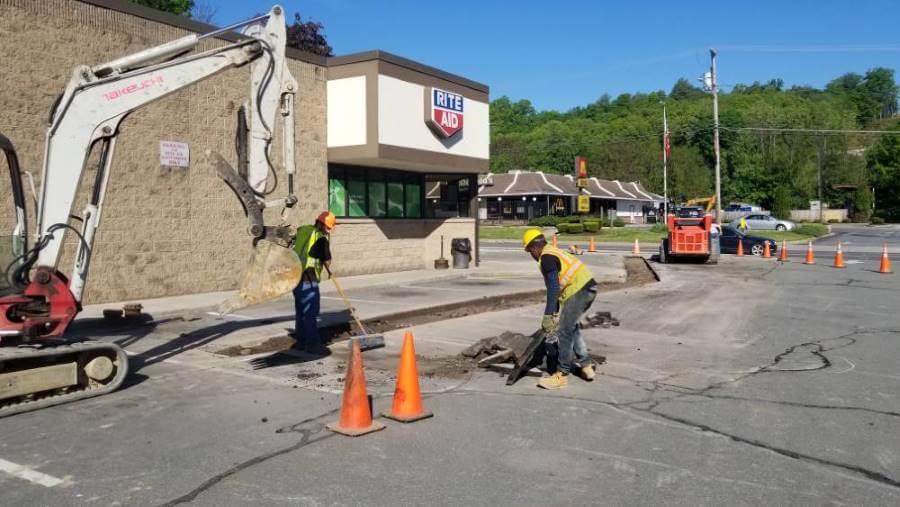
Regular pumping is essential, but there’s more you can do to keep your system healthy:
Watch What You Flush
Only human waste and toilet paper should go down the toilet. No wipes, feminine products, or other non-biodegradable items.
Use Water Wisely
Conserving water reduces strain on your septic system. Fix leaks promptly and spread out water-intensive activities like laundry.
Protect Your Drain Field
Keep vehicles and heavy equipment off your drain field. Plant only grass over it, not trees or shrubs.
Use Septic-Safe Products
Avoid harsh chemicals that can kill beneficial bacteria in your tank. Choose septic-safe cleaners and detergents.
The Cost of Pumping vs. Repairs
Pumping might seem like an unnecessary expense, but it’s much cheaper than repairs:
| Service | Average Cost in Middletown, NY |
|---|---|
| Septic Pumping | $300 – $500 |
| System Repair | $1,500 – $5,000 |
| System Replacement | $10,000 – $25,000 |
As you can see, regular pumping is a bargain compared to major repairs or replacement.
Common Septic System Myths
Let’s bust some common myths about septic systems:
Additives Can Replace Pumping
Reality: While some additives may help, they can’t replace regular pumping.
New Systems Don’t Need Pumping
Reality: Even new systems need regular maintenance to function properly.
You Can’t Use a Garbage Disposal with a Septic System
Reality: You can, but it will increase the frequency of needed pumpings.
Septic System Care Through the Seasons
Your septic system needs different care as the seasons change in Middletown:
Spring
- Check for damage from winter freezing
- Schedule pumping if it’s been a while
Summer
- Conserve water during dry spells
- Keep an eye out for unusually lush grass over your drain field
Fall
- Clear fallen leaves from your drain field
- Consider adding insulation before winter
Winter
- Avoid compacting snow over your system
- Use hot water regularly to keep pipes from freezing
Choosing a Septic Service Provider
When it’s time to pump, choose your provider carefully:
Look for Experience
Companies like United Sewer & Septic have years of experience in Middletown.
Check Licenses and Insurance
Make sure your provider is properly licensed and insured.
Read Reviews
Check what other Middletown residents are saying about the service.
Ask About Additional Services
Some companies offer inspections or repairs along with pumping.
The Environmental Impact of Preventing System Failures and Backups with Septic Tank Pumping
Taking care of your septic system isn’t just about your property – it’s about preventing system failures and backups with septic tank pumping the environment:
Groundwater Protection
A well-maintained system prevents contamination of local groundwater.
Soil Health
Proper functioning preserves the health of the soil in your drain field.
Ecosystem Balance
By preventing leaks, you’re protecting local plants and animals from harmful bacteria.
Planning for the Future of Your Septic System
Think long-term when it comes to your septic system:
Keep Records
Track when you pump and any repairs you make.
Budget for Maintenance
Set aside money each year for pumping and potential repairs.
Consider Upgrades
As technology improves, consider upgrading parts of your system for better efficiency.
The Role of Local Regulations
Middletown, like many areas, has regulations about septic systems:
Pumping Requirements
Some areas require proof of regular pumping.
Inspections
You might need inspections when selling your home or applying for permits.
System Upgrades
There may be requirements to upgrade older systems to meet current standards.
Septic Systems vs. City Sewer
If you’re new to septic systems, here’s how they compare to city sewers:
| Aspect | Septic System | City Sewer |
|---|---|---|
| Maintenance | Regular pumping required | Minimal homeowner maintenance |
| Cost | Upfront installation, ongoing maintenance | Monthly fees |
| Environmental Impact | Can be lower if well-maintained | Centralized treatment |
| Property Value | Can increase rural property value | Standard in urban areas |
| Control | Homeowner responsible | Managed by municipality |
Educating Your Household
Everyone in your home plays a role in septic health:
- Teach kids what can and can’t be flushed
- Explain the importance of water conservation
- Share the signs of septic trouble to watch for
When to Call a Professional
While regular pumping is crucial, sometimes you need expert help between pumpings:
- If you notice sewage backups
- When there are persistent bad odors
- If you see standing water in your yard
- When multiple drains are slow or gurgling
Don’t hesitate to call United Sewer Septic Service if you’re concerned about your system.
The Peace of Mind of a Well-Maintained Septic System
Preventing System Failures and Backups with Septic Tank Pumping. Regular septic tank pumping is your best defense against system failures and backups. It’s a small investment that pays off in system longevity, environmental protection, and peace of mind. By staying on top of pumping and maintenance, you’re ensuring that your septic system will serve you well for years to come.
Remember, in Middletown, NY, United Sewer Septic Service is here to help with all your septic needs, from routine pumping to emergency services. Take care of your septic system, and it will take care of you. For more information, you can visit our website or contact us.

